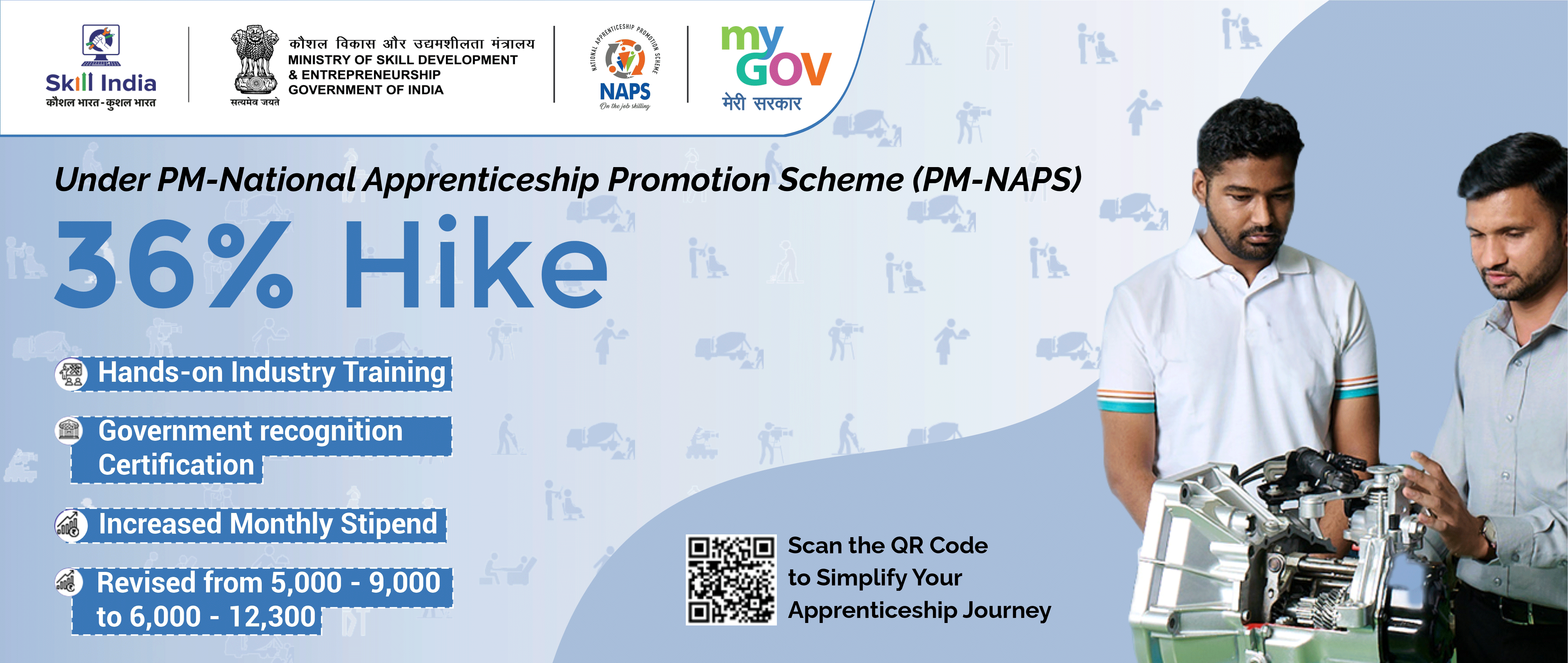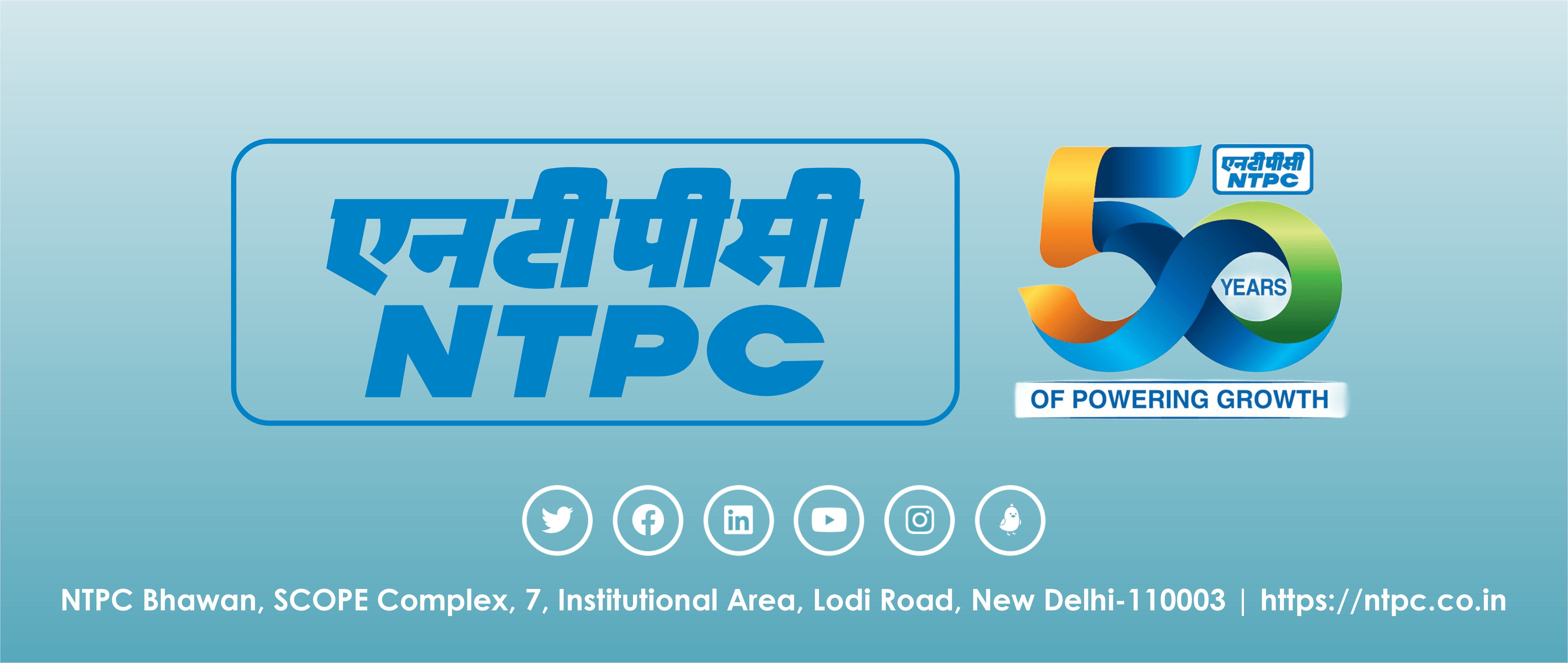TO RECIEVE EXCLUSIVE POSTS AND NEWS
Must Read
Court battle to fix cadre of IAS and IPS officers is set to intensify
By IndianMandarins- 13 May 2019
1195The Central Government has reached the Supreme Court with a
SLP (Special Leave Petition) to seek a stay against a recent Delhi High Court order
that calls for fresh allocation of cadres to 2018 batch of IAS and IPS
officers. Earlier, the Narendra Modi Government had changed the
roster-based system for cadre allocation with a zone-based system to ward off
the possibility of newly selected officers opting the cadre of their home
States, or in some cases other provinces preferred by the entrants to the two
civil service. A couple of years ago DoPT had amended the cadre allocation
system. The justification given for this was to protect the national character
of the top civil services as quite a few officers were found to be opting for
cadres in their home or neighbouring states. This could have led to the
provincialisation of Civil Services as per the fears of the Government. Last Friday Delhi High Court passed an order on petitions
moved by four officers. The court allowed cadres of IAS and IPS officers of
2018 batch to be reallocated as per merit and preferences shown by them. The officers from the batch are currently undergoing training
and the Government feels that a stay sought by it from the top court will not
affect their training and induction schedule into the active service at this
stage whereas the reallocation of cadre as ordered by the High Court could pose
difficulties.
Readers' Choice
Clean chit to IPS officers: CAT holds RCB’s social media adventurism responsible for stampede 3 hours ago
R K Sharma is the new Rajasthan DGP 30 Jun 2025
Centre swings surprise, Gujarat DGP gets extension in service 30 Jun 2025
Tenure of Chhattisgarh Chief Secretary extended 30 Jun 2025
Rajesh Kumar appointed as Chief Secretary of Maharashtra 30 Jun 2025
Court battle to fix cadre of IAS and IPS officers is set to intensify
By IndianMandarins - 2019-05-13 10:57:57

The Central Government has reached the Supreme Court with a
SLP (Special Leave Petition) to seek a stay against a recent Delhi High Court order
that calls for fresh allocation of cadres to 2018 batch of IAS and IPS
officers.
Earlier, the Narendra Modi Government had changed the roster-based system for cadre allocation with a zone-based system to ward off the possibility of newly selected officers opting the cadre of their home States, or in some cases other provinces preferred by the entrants to the two civil service.
A couple of years ago DoPT had amended the cadre allocation system. The justification given for this was to protect the national character of the top civil services as quite a few officers were found to be opting for cadres in their home or neighbouring states. This could have led to the provincialisation of Civil Services as per the fears of the Government.
Last Friday Delhi High Court passed an order on petitions moved by four officers. The court allowed cadres of IAS and IPS officers of 2018 batch to be reallocated as per merit and preferences shown by them.
The officers from the batch are currently undergoing training and the Government feels that a stay sought by it from the top court will not affect their training and induction schedule into the active service at this stage whereas the reallocation of cadre as ordered by the High Court could pose difficulties.























